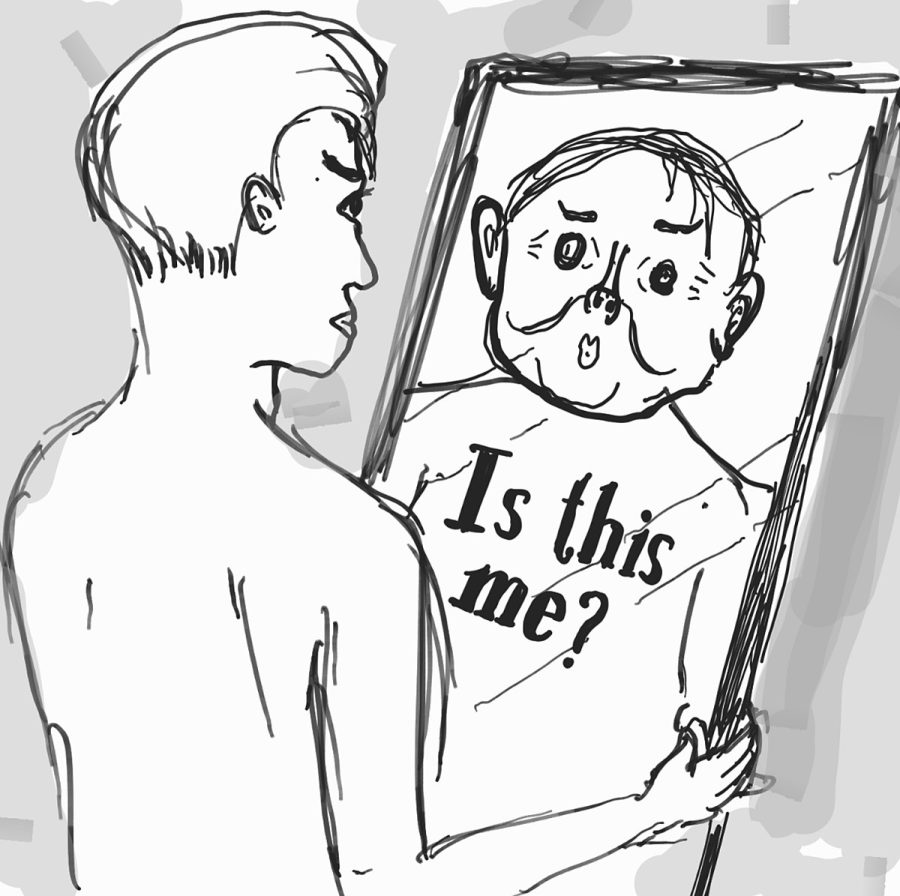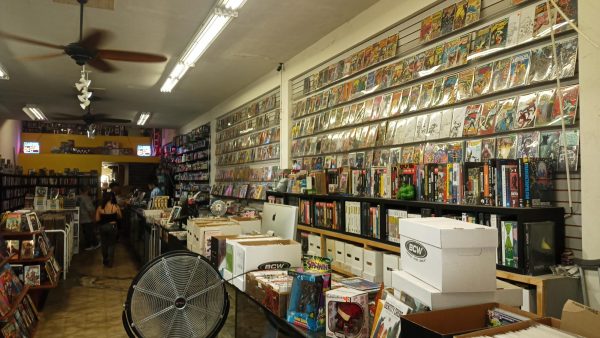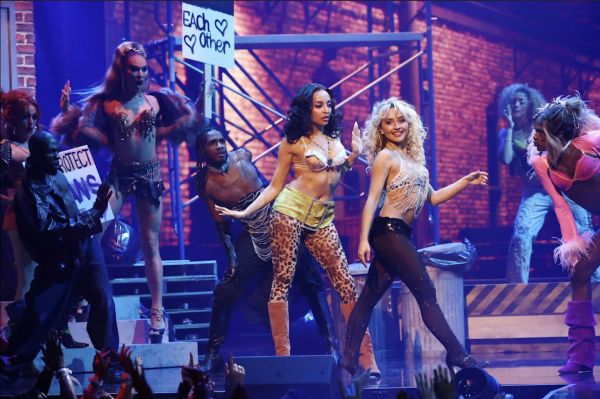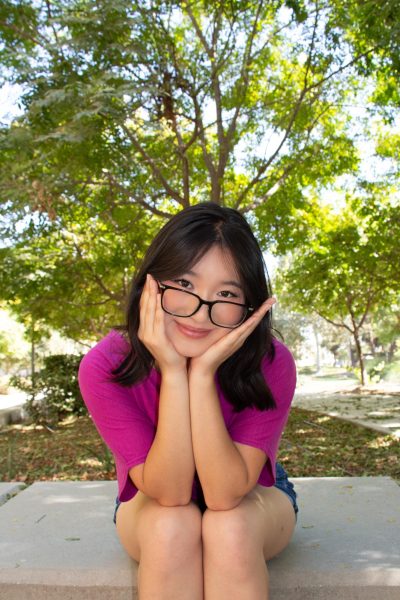Beauty filters on social media are negatively affecting people’s mental health
February 28, 2022
Social media filters started out as a silly addition to our photos when sending them to friends and family. Snapchat had distorted face filters, the famous doggy filter, heart eyes filters, and many others. All of these filters were for comedic purposes, so it was obvious that they were fake.
The filters available on social media platforms like TikTok, Snapchat, and Instagram have evolved past the silly face filters and moved on to more realistic-looking filters. Now, anyone using these platforms can record videos or take pictures of themselves using filters that enhance or alter their facial features. These filters have the ability to make your eyes or lips bigger, slightly change the shape of your head, change your eye and hair color, add freckles, make your nose smaller, etc. The possibilities are practically endless.
One might ask what the problem with such features on social media might be. It enhances our features, just like makeup does. It doesn’t change them completely, so what’s the problem?
The filters are so realistic that it is so hard to tell that they’re fake. If it weren’t for a small caption in the corner of the picture or video with the name of the filter, it would be almost impossible to tell that it’s not real. Filters are a problem because the majority of them alter facial features to cater to what is considered “beautiful” by people on social media. It caters to one standard of beauty when in reality there are so many forms of beauty, besides the version with a tiny nose and enlarged lips.
These extremely realistic filters negatively affect young people and their mental health, specifically because they’re the ones spending more time on social media than adults. According to the West Virginia Education Association, teens spend an average of nine hours a day on socials. Teens are also likely to be more impressionable and look to their peers, as well as social media to figure out what is trendy and what is beautiful at the moment.
There are popular influencers claiming to be posing with a bare face when in reality they have a type of natural beauty filter on. This causes teens and young adults to ask themselves questions: “Why don’t I look like that with no makeup on?” or “What do I have to do to look that way?” Filters heighten its users insecurities, making them wish they looked a way they do not. This leads them to believe that they aren’t as “pretty” as these influencers lying on social media or that they aren’t worthy of the same love and self-love.
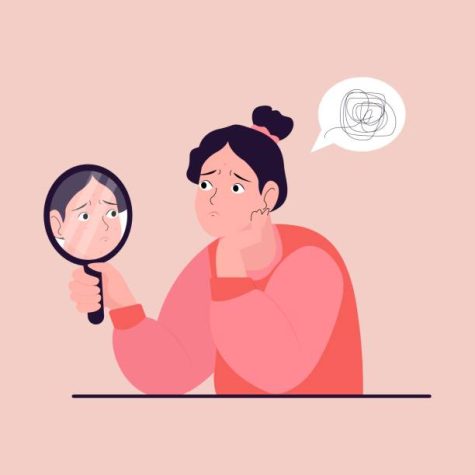
Illustration from News Medical (Getty Images/iStockphoto)
The desire to look the way they do with the filters on also leads to heavy amounts of plastic surgery and plastic surgery addiction. In 2017, the American Academy of Facial Plastic, and Reconstructive Surgery surveyed their patients, and the results showed that 55% of the patients paid for surgery to look better in their photos for social media.
Realistic beauty filters also have a negative effect on the way we see ourselves when we don’t use the filters. After relying on these filters to “fix” our insecurities, and we get used to seeing that version of ourselves, it’s hard to be satisfied with the version of ourselves that we see in the mirror. It gets easy to lose our sense of self and lose our love for our natural features. This can lead to body dysmorphia accompanied by depression and anxiety. Body dysmorphia is a mental health issue that hinders people’s ability to live a normal life because they’re so concerned and upset about the way they look.
According to psychiatrist, Dr. Josie Howard in an interview with InStyle.com, “People begin to expect themselves to look like their filtered self and can become obsessed with achieving that in the real world, which leaves them depressed, anxious, lonely, and disappointed,” Filters make it hard for people to post without them because after using them a few times, they don’t like the way they look without them.
The filters on social media have become too realistic and affected the way people see themselves and each other in real life. Everyone is beautiful in their own way, and a beauty filter on social media should not have the power to define what beauty is.


